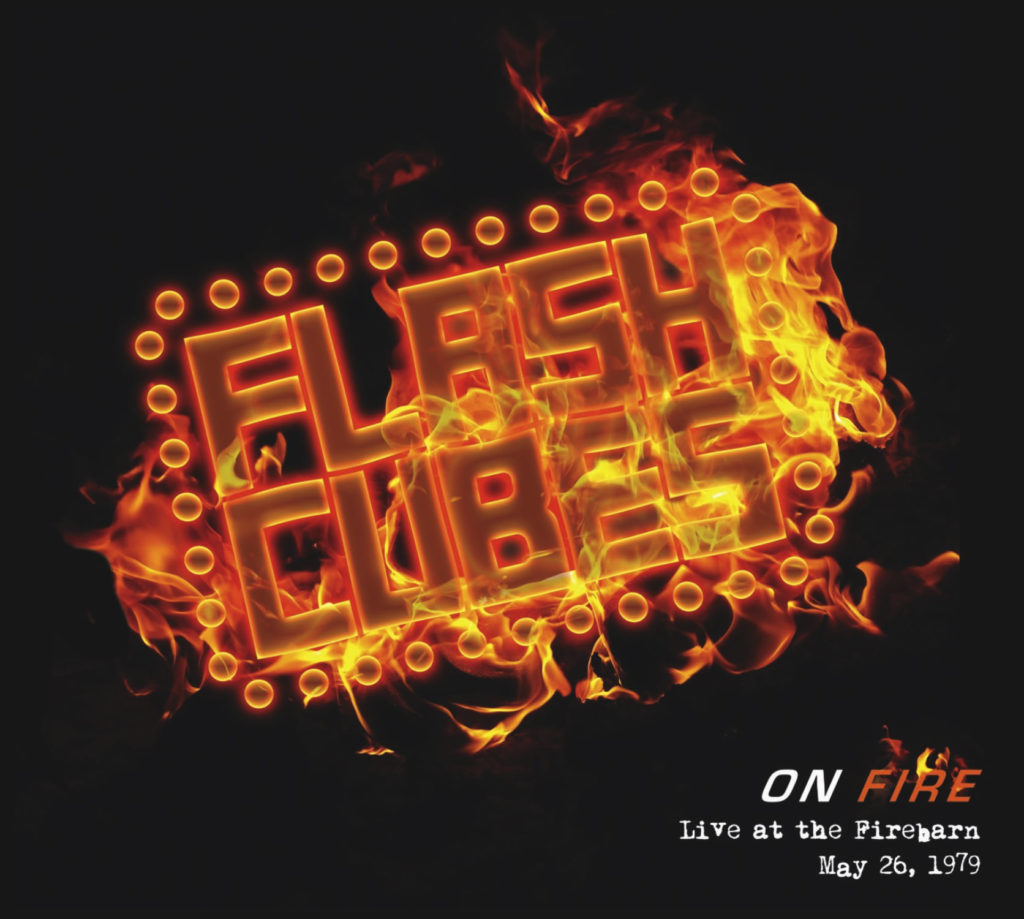Redemption Song
Can’t say how much I’m enjoying Chris Salewicz’s brilliant Redemption Song: The Ballad of Joe Strummer. When was the last time you read a biography that you wished wouldn’t end? (I think for me it was the unlikely Dean Martin biography “Dino” by Nick Tosches.) Salewicz does the near-impossible as a journalist who was inside – he manages to balance deep research and a journalist’s perspective with having been present at the creation and part of the story, and he makes it work in a way I don’t think I’ve ever seen before.
I may be an anomaly in that I never really thought of The Clash as a punk band – though clearly they were – because the music went so far beyond what the paradoxically restrictive edicts of punk would allow. They took sounds that I would never care to listen to in their original form and made them their own in a set of records that blew my mind at the time and continue to amaze me today. I remember the first time I heard a Clash song – “London Calling” over WAER as I was doing some tedious photo work in the Community Darkrooms. I was absolutely amazed. I’d heard of The Clash by then, but radio in Syracuse sucked at the time, and there wasn’t a big punk scene going on there, so I hadn’t actually heard their music before. That led to the discovery of the great double-album and a collection of earlier that was then called “Black Market Clash.” Not long after came the hugely indulgent three-disc “Sandinista!” Widely derided for its lack of editing, there’s hardly a song on there today that I still don’t like to hear. I spent an entire summer listening to almost nothing other than those three albums, totally immersed in a Clash environment. (The other sounds of that summer? Eddie Cochran, Sleepy LaBeef. That was it.)
I never got too into the personalities of the band, preferring to listen to the incredible music, so intelligent, clever, and beyond anything else that was being made at the time, so I didn’t pay much attention to the stories of Joe Strummer and Mick Jones and the others, didn’t know their backgrounds or inclinations or even that Pearl Harbor, whose album I loved, got married to Paul Simonon. When “Combat Rock” came out, I really didn’t like it, and although I have never been one to attack bands for “selling out,” I couldn’t stand to hear drunken frat boys singing along and twisting the lyric to “Fuck the Casbah!” The whole experience was entirely un-Clash to me, uninventive and obviously the end of the band, which came to pass in a fairly short time. So now all these years later it’s fascinating to read the story of this highly conlicted character Joe Strummer and the other boys in the band, how it all came to be and how it all came apart – and in such a shockingly short time. A brilliant book about a time that is widely mythologized and needs some perspective, which it is given in this treatment. Really loving it.



Their story is a great one, as was their music. If you haven’t seen it, when you finish the book, I’d recommend “The Future Is Unwritten,” a great documentary about Strummer made by Julien Temple.